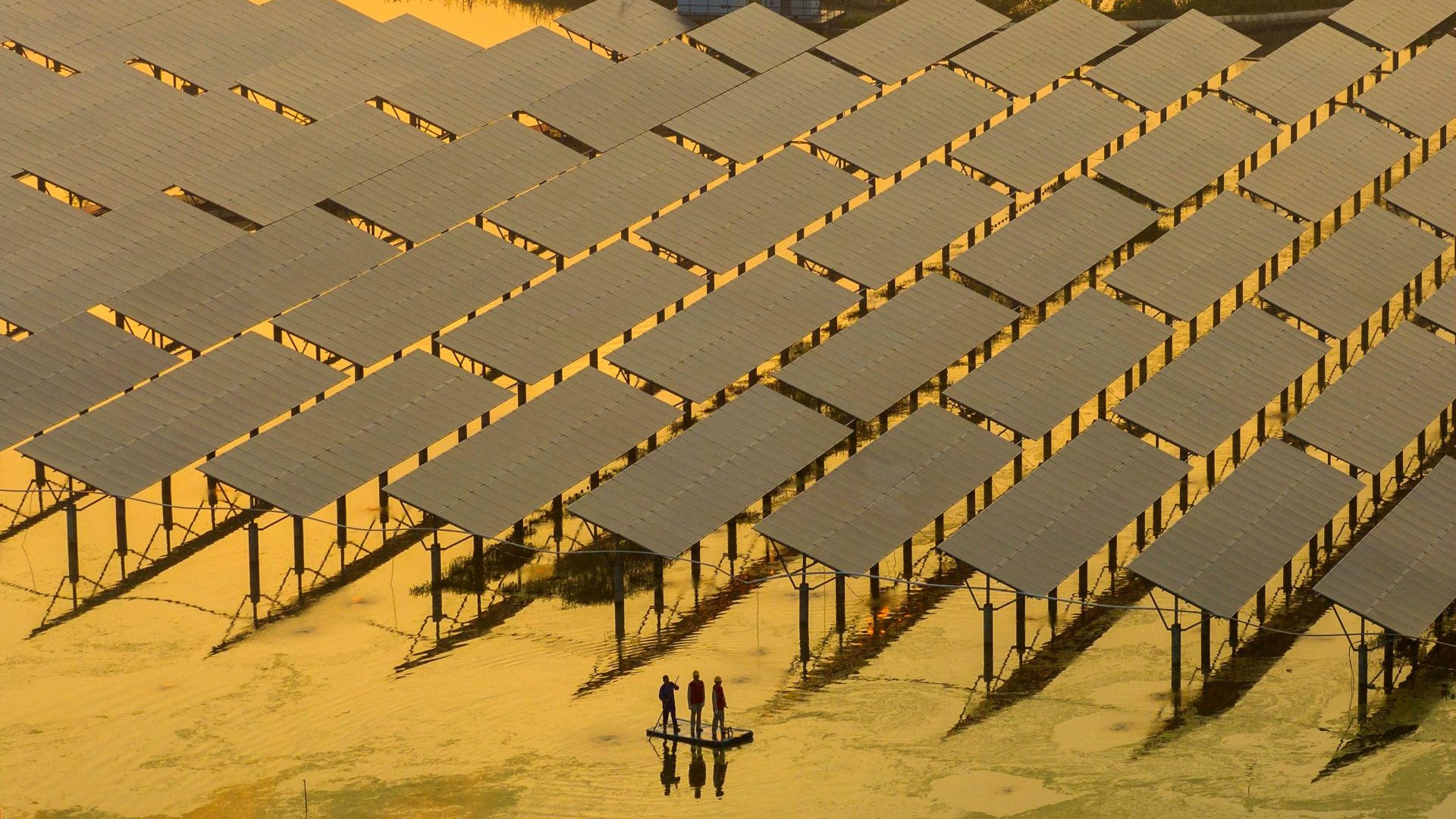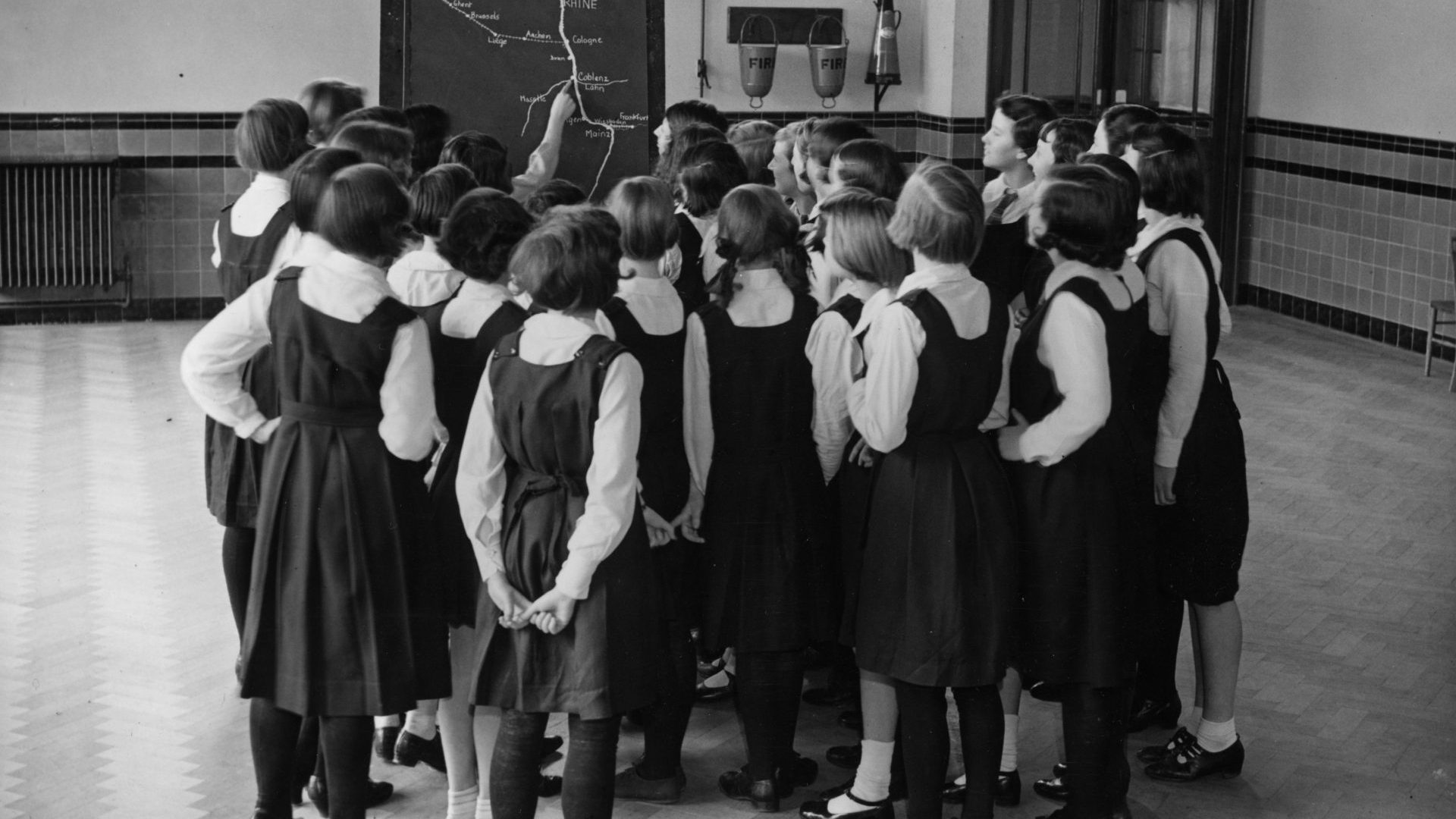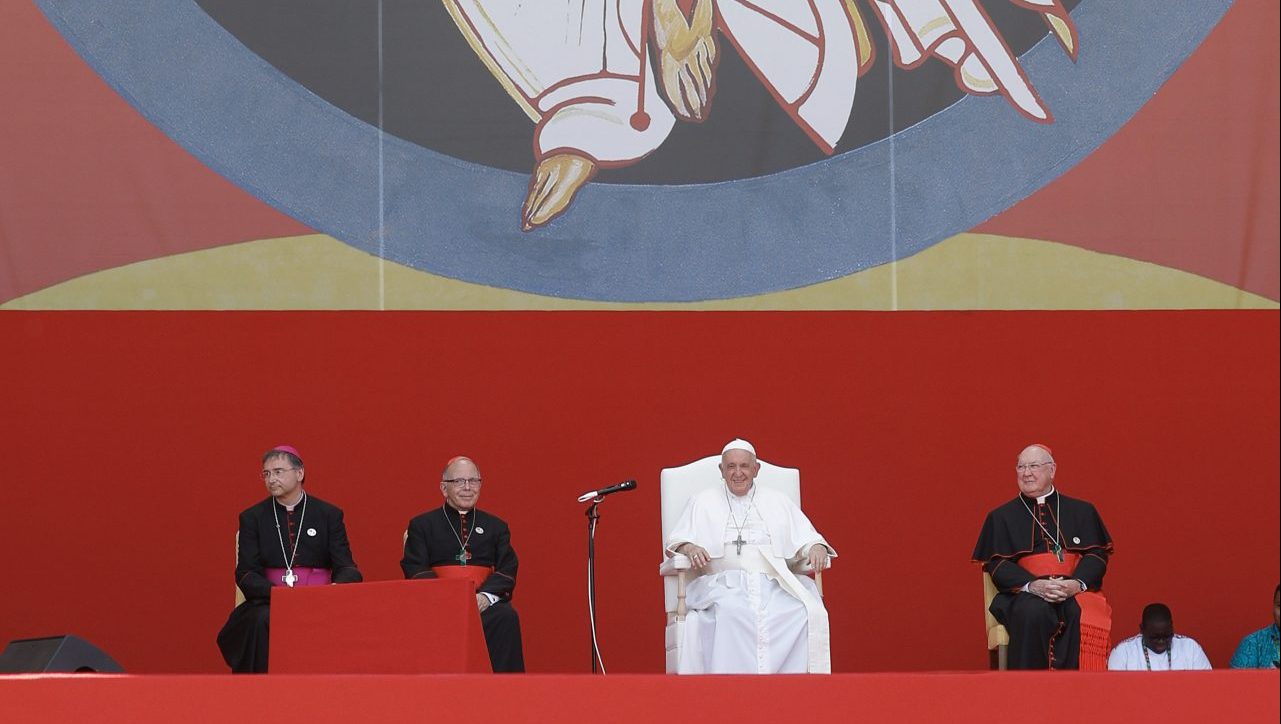The flow of bad economic news out of China is speeding up. Evergrande, a giant property developer, has filed for bankruptcy in the USA. China’s CPI inflation figure has turned negative, signalling deflation. Exports have slumped, following US bans on hi-tech trade. And foreign direct investment is at its lowest point for decades. The predicted growth rebound following the end of Covid restrictions has not materialised, and stock markets have taken fright.
In a normal capitalist economy, those who have lent money to Chinese banks, firms, households and local governments would be heading for the exits, fast. Together with the central government, these entities have borrowed a collective 282% of GDP. But the source of the borrowing is the Chinese people: the country’s external debt totals just 14% of GDP.
What that means is, should China enter a deflationary recession – where the value of debt grows even as the economy shrinks – those who suffer the losses will be households, firms, banks, city halls and regional governments.
We’ve been here before. In 2013, following the expansion of a credit bubble to counteract the 2008 global downturn, China’s banks stood on the brink of collapse. But the government saved them. In 2015 the Chinese stock market bubble burst, triggering fears that millions of small investors would go bust. Again the government intervened.
The Chinese state’s apparent ability to overrule financial market forces has convinced many western observers that it was on a one-way trajectory to economic superpower status. Now they are being forced to rethink.
To see why, we need to understand the structure of its debts. China’s phenomenal growth has been funded by soft loans by state-backed banks to private companies, state-owned enterprises and local governments. In turn, the local governments have set up highly opaque “financing vehicles” to raise even more debt.
These local government finance vehicles, which in effect borrow to pay salaries or to finance property speculation – and could never repay their debts out of their earnings – are estimated to be sitting on $9.3tn worth of debt, much of it bad. Guaranteeing the whole shaky enterprise is the central government and its central bank.
Optimists believe that, if the whole thing turns into a financial meltdown, the Chinese state has the political resilience to allocate the losses and absorb the pain. Some bureaucrats go to jail, some city governments go bust, and a lot of real estate ends up sitting empty.
Pessimists – including former Bank of England monetary policy committee member Adam Posen – believe it can’t, because the factors driving the slowdown in growth, investment and exports are permanent and structural. China is headed the same way as Venezuela and Turkey, he says, because the people no longer trust the government to keep their money safe, and the Covid-19 fiasco has left them distrustful of the state.
I’m in a third camp – because I don’t look at China as an essentially capitalist economy whose elite is pretending to “do communism”. It’s the other way around. This is a long-term experiment in political economy, where the decisive faction in the ruling elite really believe they are engineering a transition to socialism, albeit at massive cost to their own people in terms of inequality, injustice and the lack of freedom.
For them, China becoming a self-sufficient, hegemonic power by the mid-21st century is the prize. It will stand at the centre of a currency bloc to replace the dollar, and be just as capable of unloading its economic problems on to the rest of the world as America was with its Latin American neighbours in the last century. That’s their plan.
Xi Jinping’s pact, above all, is with the Chinese working class, whose real wages have risen markedly even as economic growth has slowed and financial stability weakened.
It is this that will determine how the current crisis plays out. Xi will not flinch from taking on those who claim to represent entrepreneurs and investors.
Attempts to impose a bureaucratic, planned economy on a chaotic and financialised market ultimately fail: that’s the first lesson of the 20th century. But the oft-forgotten second lesson is that they can succeed for a long time if the state is prepared to override markets and impose political repression on the middle classes.
Those like Posen who see the China crisis through a lens of “normal” economic criteria want Joe Biden to back off from his strategy of economic “de-risking” – the methodical reduction of economic ties to China. Better to engage the disgruntled entrepreneurs, says Posen, and rebuild economic links – so that Chinese talent and money flows into the west.
Unfortunately, it is way past time for that. In February 2022 China’s leaders chose the path of systemic competition with the west. They backed Russia in its invasion of Ukraine and have launched a global campaign to convert the western left to the Chinese vision of reality – where human rights are “culturally relative”, and where a totalitarian state is classed just as democratic as our own.
Those waiting for a financial market crash to dislodge Xi’s faction, or hoping for a few disgruntled expat billionaires to do the job, will be waiting a long time.
Better for western economies to decouple from China – in terms of raw materials, supply chains and inward investment here. And for western politicians to state what they have cravenly avoided saying for 20 years: China will not break out of its development trap without a democratic political revolution that delivers social justice for its working people.
In their dealings with China, I want democratic politicians in the west to stop playing either the vulture or the nursemaid and become, instead, the ally of the people against the state.




